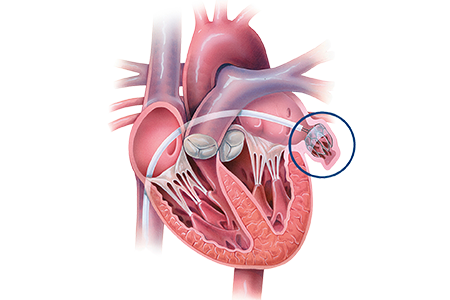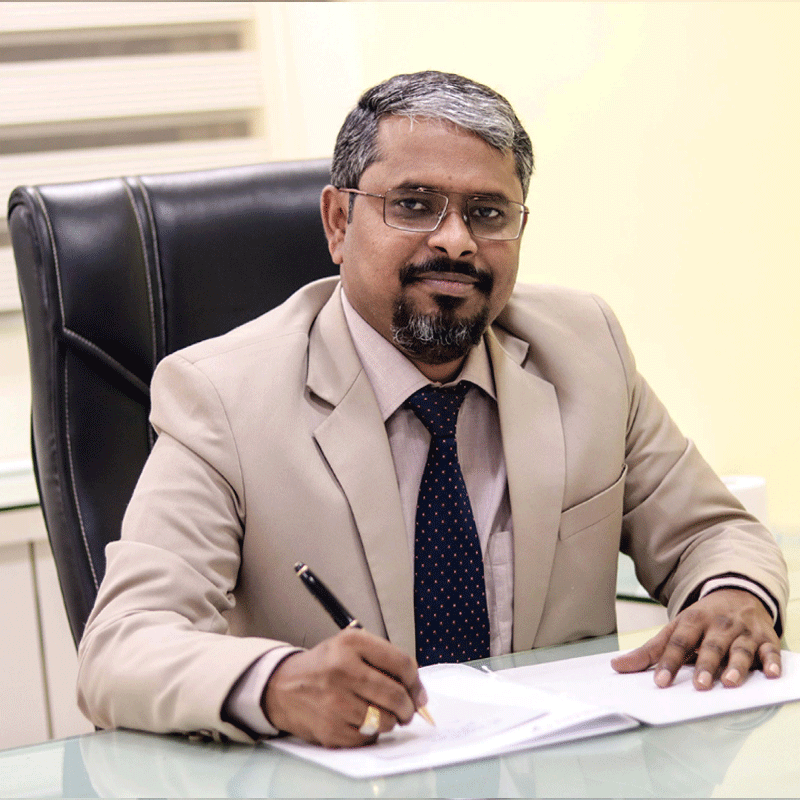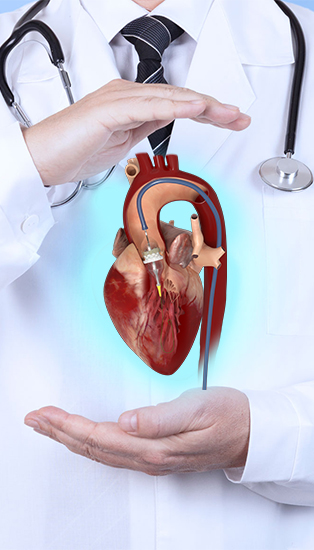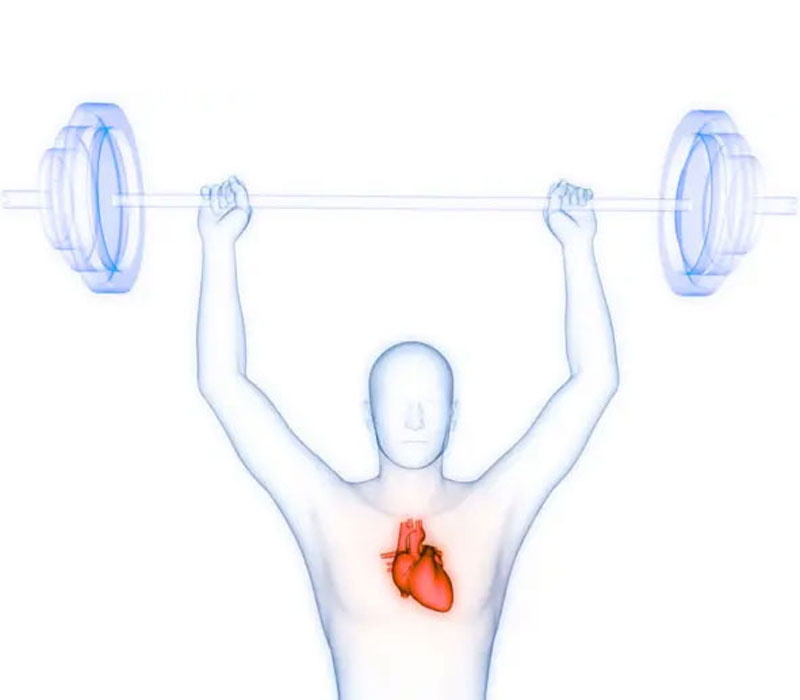You will undergo a comprehensive medical evaluation, which includes examinations, tests, and assessments to assess your overall health.
TAVI Procedure in Mumbai

TAVI Procedure in Mumbai
TAVI (Transcatheter Aortic Valve Implantation) and TAVR (Transcatheter Aortic Valve Replacement) are minimally invasive procedures used to treat severe aortic stenosis, a condition where the aortic valve becomes narrowed and restricts blood flow from the heart. These procedures are often recommended for patients who are considered high risk for traditional open-heart surgery.
In both TAVI and TAVR, a replacement valve is delivered to the heart via a catheter, usually inserted through the femoral artery in the leg. Once the catheter reaches the aortic valve, the new valve is implanted to restore normal blood flow. This technique avoids the need for open-heart surgery, resulting in a quicker recovery time and reduced complications for eligible patients.

Dr. Mahesh Ghogare
MD DM (Cardiology)
Interventional Cardiologist
Director, My Heart Clinics.
TAVI & TAVR Surgery Specialist in Mumbai
Dr. Mahesh Ghogare has completed his super specialization (DM Cardiology) in adult and pediatric cardiology from LTMMC and LTMGH, Sion Hospital, Mumbai. Following this, he served as an Assistant Professor in the Department of Cardiology. He later joined Seven Hills Hospital, Andheri, where he refined his expertise in performing coronary angiographies and angioplasties via the radial route, a highly skilled technique that accesses the heart through the hand's vessel. During his time there, Dr. Ghogare performed over 3,000 angiographies and more than 500 angioplasties, predominantly using the radial approach.
As a leading TAVI specialist in Mumbai, Dr. Ghogare also serves patients seeking TAVI surgery in Navi Mumbai, making advanced heart valve replacement accessible in the region. He is recognized for his proficiency in complex congenital 2D and 3D echocardiograms and possesses extensive experience in permanent pacemaker implantations, CRT, CRT-D, and ICD implantation. With a special interest in carotid and renal angioplasties, Dr. Ghogare continues to deliver cutting-edge interventional cardiology care. He has numerous national and international publications to his name, solidifying his standing in the field.
Patient Testimonial
Who is eligible for TAVI / TAVR Surgery?
Patients should be experiencing symptoms such as shortness of breath, chest pain, dizziness, fatigue, or fainting as a result of the aortic valve stenosis.
TAVI is commonly considered for patients who are at high surgical risk for conventional open-heart surgery or are deemed inoperable due to various medical conditions or comorbidities.
Patients must have suitable aortic anatomy for the TAVI procedure, which means the size and configuration of the aortic valve and surrounding structures should be appropriate for the chosen TAVI device.
Patients will undergo a comprehensive medical evaluation to assess their overall health and suitability for the TAVI procedure.
Patients must provide informed consent for the procedure after understanding the benefits, risks, and potential outcomes.
Benefits Of TAVI Surgery

-
Minimally invasive
TAVI, a catheter-based procedure, is performed through a small incision in the leg or chest, avoiding open-heart surgery and reducing complications.
-
Suitable for high-risk patients
TAVI is a valuable treatment option for patients considered at high risk or ineligible for traditional surgical valve replacement.
-
Equivalent outcomes
Recent studies show that TAVI, a minimally invasive alternative to surgical aortic valve replacement, yields comparable outcomes in terms of mortality rates, stroke rates, and valve function.
-
Reduced recovery time
Patients often experience less pain, a faster return to their daily activities, and require less rehabilitation.
-
Improved quality of life
TAVI can significantly improve symptoms associated with aortic valve stenosis, such as shortness of breath, fatigue, and chest pain.
-
Repeatable procedure
In certain cases, TAVI can be performed again if the valve degenerates or fails in the future, offering a potential option for valve re-treatment without needing another open-heart surgery.




